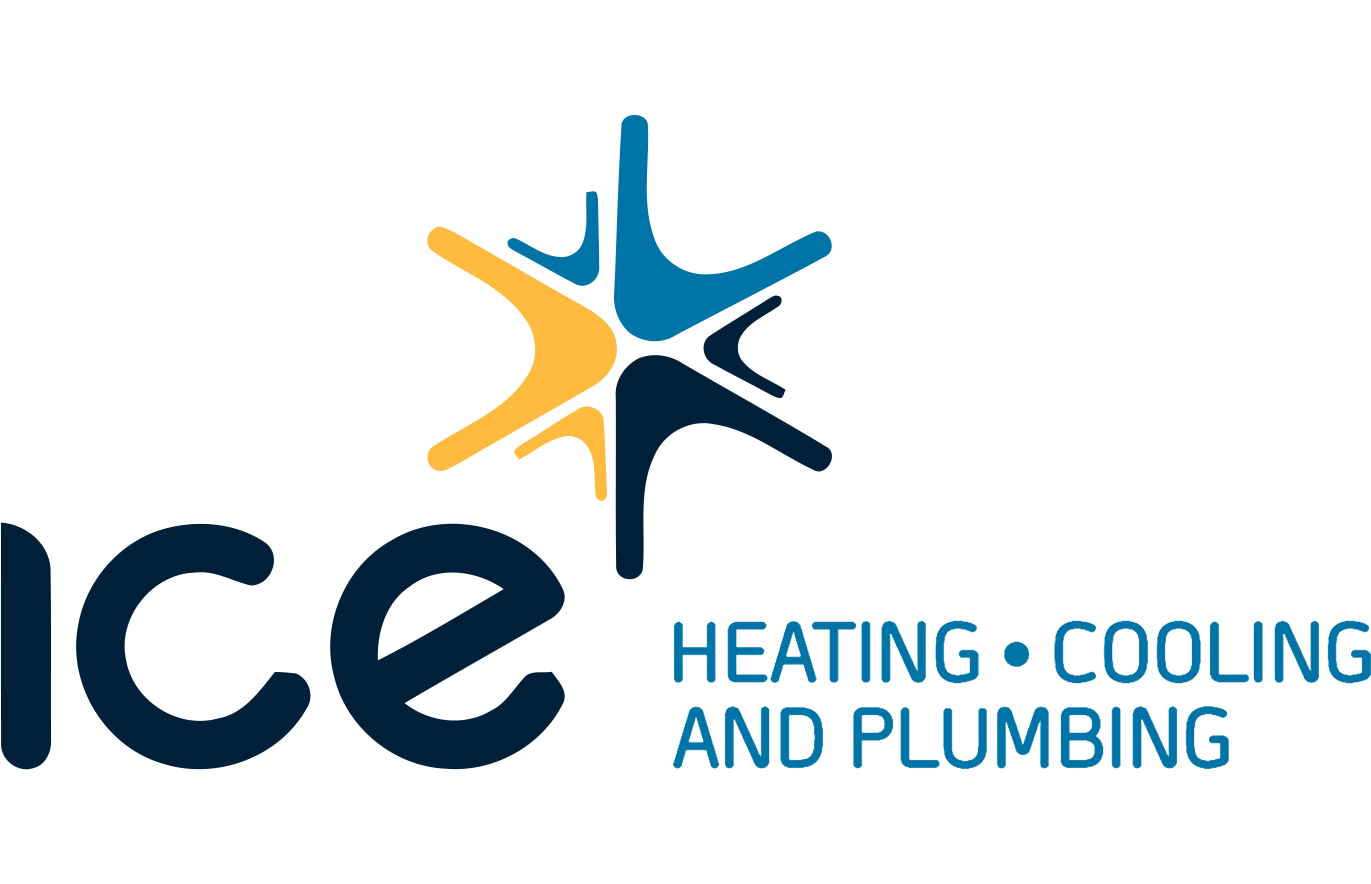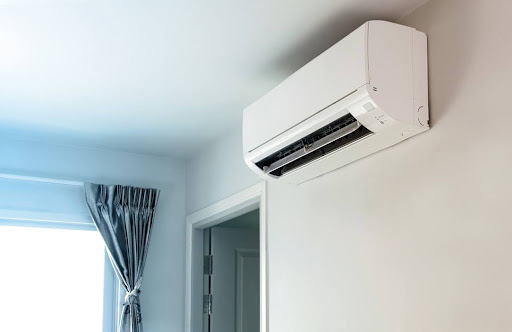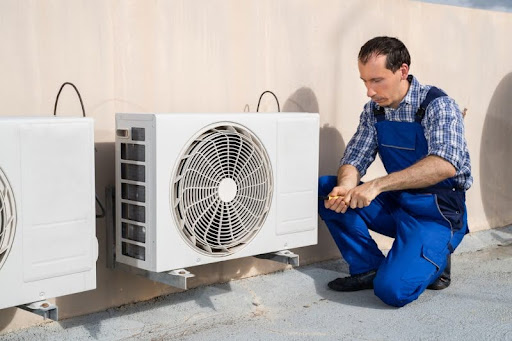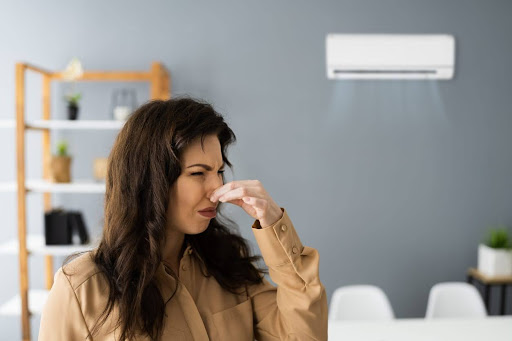Running your AC without a filter can have detrimental effects on both your health and your HVAC system. Without a filter, the air circulating through your unit may contain dust, allergens, and other pollutants, leading to poor indoor air quality and potential health issues. Additionally, debris can accumulate within the system, reducing its efficiency and increasing the risk of damage. Let’s explore the consequences of operating your AC without a filter and why it’s essential to maintain this crucial component.
Importance of an AC Filter
The primary purpose of an AC filter is to improve the indoor air quality of your home or office. It helps trap dust, dirt, pollen, pet dander, and other airborne particles, preventing them from circulating through your space. By removing these contaminants, the air filter ensures that the air you breathe is cleaner and healthier, reducing the risk of respiratory issues and allergies.
In addition to improving air quality, an AC filter also plays a vital role in maintaining the efficiency of your HVAC system. The filter prevents debris from entering the system’s internal components, such as the blower motor and evaporator coil. When these components are clean and free from debris, your AC unit can operate more efficiently, resulting in lower energy consumption and reduced utility bills.
Consequences of Running AC Without a Filter
1. Reduced Air Quality
Running your AC without a filter can lead to a significant drop in indoor air quality. Without a filter, dust, dirt, and other contaminants can freely enter your space, causing respiratory issues and allergies for you and your family members. This can be especially problematic for individuals with asthma or other pre-existing respiratory conditions.
2. Increased AC Energy Consumption
When your AC system operates without a filter, the airflow becomes restricted, making your unit work harder to cool your space. This increased workload can result in higher energy consumption and inflated utility bills. Furthermore, a clogged air filter can cause the evaporator coil to freeze, further reducing the efficiency of your AC system.
3. Damage to HVAC System
Without a filter, dust and debris can accumulate on the internal components of your HVAC system. Over time, this buildup can cause damage to the blower motor, evaporator coil, and other critical parts of your AC unit. The repair or replacement of these components can be costly and may result in extended downtime for your system.
4. Health Risks
Running your AC without a filter can pose health risks, especially for individuals with allergies, asthma, or other respiratory conditions. The presence of dust, pollen, and other allergens can trigger or worsen symptoms, leading to discomfort and potential health complications.
5. Issues with AC Freon Tube
The absence of an air filter can also put the freon tube at risk. Without a filter, debris, and particles may clog the freon tube, impacting the performance of your AC system and compromising its cooling capacity. This can result in uneven cooling or even a complete breakdown of the unit.
6. Accumulation of Dust and Dirt in AC
Running your AC without a filter allows dust and dirt to freely enter your system. Over time, this can lead to a buildup of debris on your AC’s internal components, including the blower motor, evaporator coil, and fan blades. This accumulation can cause these parts to become dirty and compromised, resulting in reduced efficiency and potential system malfunctions.
7. Higher AC Maintenance Costs
Not using a filter in your AC system can lead to increased maintenance costs. The accumulation of dust and debris on the internal components of your HVAC system can cause more wear and tear, leading to more frequent repairs or even the need for a complete system replacement. Regular filter maintenance, on the other hand, helps keep your system clean and running smoothly, reducing the likelihood of major issues and costly repairs.
Steps to Take if Running AC Without a Filter
1. Replace the AC Filter
If you have been running your AC without a filter, the first step is to immediately replace it. Choose a high-quality filter that suits your system’s specifications and consider using filters with higher MERV ratings for improved filtration efficiency.
2. Clean the AC System
Once you have replaced the filter, it is essential to clean your AC system thoroughly. Remove any dust or debris that may have accumulated on the internal components. You can use a damp cloth or a gentle vacuum cleaner with a brush attachment to clean the blower motor, evaporator coil, and fan blades.
Benefits of Regular AC Filter Maintenance
1. Improved Air Quality
Regular filter maintenance ensures that your AC system effectively removes airborne pollutants, improving the indoor air quality of your home or office. This reduces the risk of respiratory issues and allergies, promoting a healthier living environment.
2. Energy Efficiency
By regularly replacing and cleaning your AC filter, you can maintain optimal airflow and prevent the system from working harder than necessary. This results in improved energy efficiency, lower utility bills, and a reduced environmental impact.
3. Extended Lifespan of AC System
Proper filter maintenance helps prolong the lifespan of your AC system by reducing the strain on its internal components. When your system operates efficiently and without excess debris, it experiences less wear and tear, ultimately extending its lifespan and saving you money on premature replacements.
Conclusion
Running your AC without a filter is a bad practice that can have severe consequences. Not only does it compromise the air quality in your home or office, but it also increases energy consumption, risks damaging your HVAC system, and poses health risks. By regularly replacing and cleaning your AC filter, you can ensure improved air quality, energy efficiency, and an extended lifespan for your system. Remember, proper maintenance is key to a well-functioning AC system and a comfortable living environment




